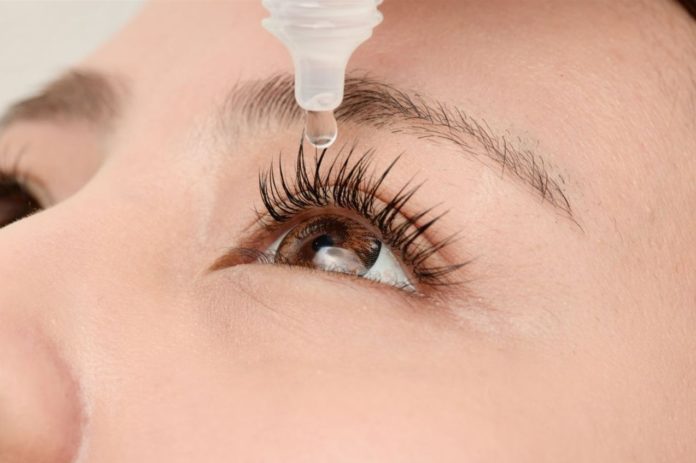Eye drops fight against age-related farsightedness, but do not eliminate the causes, but temporarily relieve symptoms.
In the United States, the first medicine to treat age-related hyperopia (presbyopia) – eye drops Vuity – has been approved by the US Food and Drug Administration (FDA).
Drops are the first medicine to combat age-related However, the drop cannot be called a full-fledged medicine: the approved drug does not eliminate the causes of visual disturbance, but only temporarily relieves its main symptom.
However, most experts are already calling this therapy revolutionary, since the regular use of the drops will allow people who have begun to see poorly close up with age to do without reading glasses or working at a computer.
The active ingredient of the drug has long been known to doctors and has been used in the treatment of eye diseases since the 19th century.
You have probably seen elderly people with a characteristic squint reading a book or looking at a computer screen.
Age-related changes in visual perception are as natural an attribute of aging as gray hair or the appearance of wrinkles. Presbyopia – is diagnosed in almost every second adult.
The exact cause of the mechanism of development of presbyopia has not been established (scientists have several versions that complement each other), but it is known that, on average, vision begins to deteriorate after forty years. The lens loses its elasticity, and it becomes more difficult to see something up close.
This is especially apparent when reading and working on the computer. To alleviate discomfort, many adults over the age of forty are prescribed glasses for the first time. The patient is recommended to seek lens surgery in extremely severe cases.
Now Americans suffering from this disease (there are about 128 million, the total number of patients with presbyopia in the world is estimated at 1.8 billion people) are offered a third alternative – symptomatic drug correction.
Eye drops, approved by the FDA under the trade name Vuity, constrict the pupil (effectively mimicking the squint), restoring the patient’s ability to see well up close. The drug has no effect on distant vision.
As shown by the results of clinical trials, drops begin to work within 15 minutes, reach the maximum effect in about an hour, and it lasts at least six to seven hours.
Sometimes the ability to see well up close lasted even longer: up to 10 hours or more. However, even in this case, the drops will have to be instilled again the next day.
The manufacturer of the drug notes that the drops work best on patients in the age group from 40 to 55 years old, suffering from a relatively mild disorder.
Side effects reported were headaches and redness of the eyes, which were observed in about 1 in 20 participants. Even less often, volunteers complained of blurred images and increased tearfulness, however, the instructions for the drug indicate that it is not recommended to get behind the wheel after applying the drops.
You were reading: Presbyopia drops to replace glasses approved in the US
